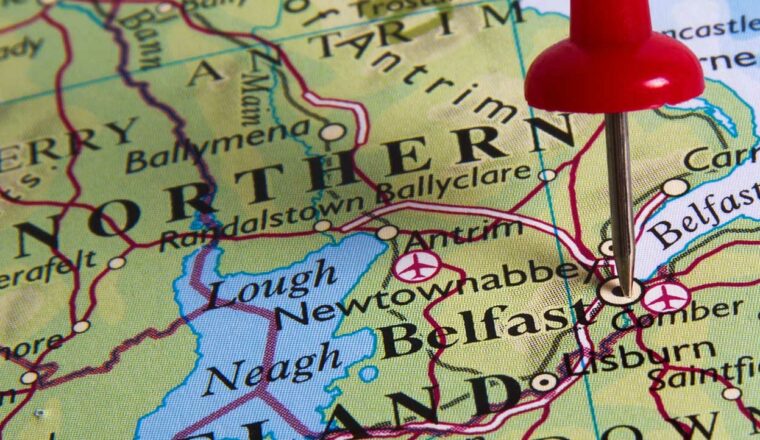“Our region ranges from one of the world’s biggest cities and its commuter belt, to rural communities that exist in relative geographic isolation. This means the conditions holding back productivity growth are highly varied across the regions of London, South East and South West – Cornwall struggles to retain its high skilled graduates and to attract much needed investment, while London’s workforce and businesses face excessively high property prices and domination by high productivity ‘frontier firms’.”
Professor Damian Grimshaw
Productivity challenges in London, the South East and the South West
The disparities in productivity levels in a region spanning from the Thames Estuary to Land’s End via Oxford and Bristol are the focus of a new briefing paper from The Productivity Institute by King’s Business School researchers Dr Britt Regal and Professors Damian Grimshaw and Marcela Miozzo. The researchers used the Productivity Lab’s regional ‘Productivity Scorecard’ of factors that drive productivity to identify strengths and challenges for the region, as well as investigating initiatives and investment that promise to improve productivity growth.
The briefing paper has been produced to inform the discussions and actions of the Regional Productivity Forum for London and the South, which is one of eight regional productivity forum established by the Productivity Institute. The forum brings representatives from the region’s business, policy and academic communities to shape the Productivity Institute’s research agenda and the practical interventions it studies.
The Productivity Picture
Looking at regional productivity data (output per hour work) the briefing paper shows that many areas in London, the South East and the South West had productivity growth above the UK average. This was offset by pockets of already low productivity that had not experienced much productivity growth, so falling further behind.
London had the highest levels of productivity in the UK by some margin. However, while certain areas in London, such as Southwark with its high levels of educational qualifications and concentration of knowledge-intense businesses, were forging ahead, some London boroughs in the outer ring, such as Bromley, were experiencing a decline in productivity. Moreover, income and social inequalities within the city are mirrored by particular challenges for SMEs, which must compete for high skilled workers with exceptionally productive employers nearby and which are finding access to finance to be a growing problem.
There is also evidence that UK’s firms’ reduction in their R&D investment has disproportionately affected London, while an overinflated housing market and a ‘hostile’ immigration environment make it difficult to compete for global talent in critical digital, environmental and software skills.
London encompasses areas with strong productivity growth, as well as those that are falling behind. Proximity to London is a mixed blessing in much of the South East. While Milton Keynes, Oxford Surrey and Portsmouth all boast research intensive industries, local labour markets can also be distorted by ease of access to London jobs. Pharmaceuticals, a major industry for the region, also saw a fall in productivity of 10% over the period.
Finally, in the South West high added value sectors tend to cluster around its major cities Bristol and Bath, while more rural areas are dependent on sectors like tourism. However, despite its economic heft as home to high-tech manufacturers such as Airbus, BAE Systems and Rolls Royce, Bristol has actually seen negative productivity growth since 2008, potentially as a result of Brexit’s impact on trade.
Looking to the future
The researchers identified green technology in particular as a new sector attracting investment across London and the South. In several cases, this has potential to deliver a boost to local areas with low productivity or low productivity growth. For example, in Bristol, the City Council, in partnership with Ameresco Limited, is looking to secure £1billion to make the city carbon neutral by 2030, a move that is expected to boost SME investment. Also in the South West, both Devon and Cornwall are attracting investment and funding into projects around the transition to renewable energy; from offshore and geothermal energy, to a project focusing on cybersecurity for offshore wind farms.
“Initiatives across the London and South Forum’s regions demonstrate a shared interest among local economic partnerships in fostering inclusive green growth. This approach goes beyond productivity growth, aiming to create positive social and environmental outcomes for entire communities and locations. We hope this report fosters conversations on how the London and South Productivity Forum can support these initiative.”
Dr Britt Regal




